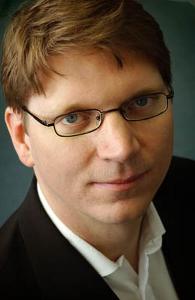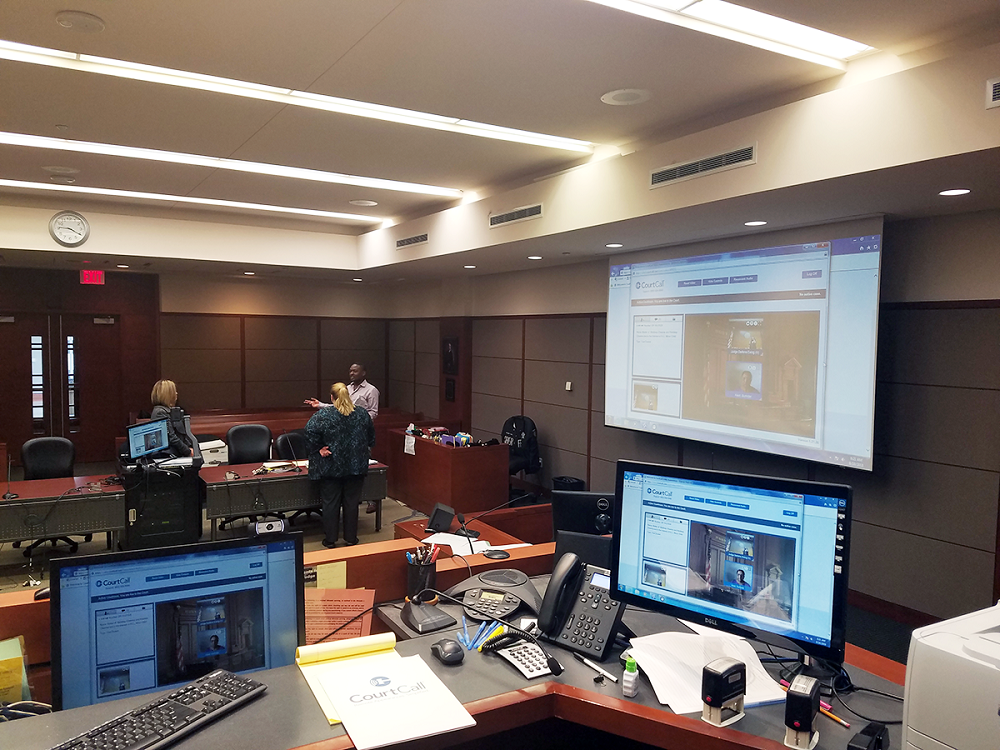
These include a doubling-down on the peer-to-peer technology, decentralised end-to-end encrypted audio and video conferencing, and building features to curate content.Īnd Tallinn? Despite his Skype smarts, he told us that other than some architectural chats he did not plan to go poking about in the code. Hodgson highlighted "Three big Strategic Initiatives" expected off the back of the investment. Noting that refugees from the likes of WhatsApp might find things a bit complicated, Le Pape told The Register that plans were afoot "to improve the experience and make it simpler," through the release of community-management tools such aa Spaces. The funding announcement comes hot on the heels of the news that Germany's entire healthcare system is to adopt Matrix-based communications.Īs for what the money will be spent on, "Element's funding means there's continued significant investment in the Matrix protocol, which hugely benefits the entire Matrix ecosystem," said Matthew Hodgson, CEO of Element and technical co-founder of Matrix.Īmandine Le Pape, Element COO and co-founder of Matrix, insisted the company didn't have to take new investment, but was keen to get Element's app ready for mainstream consumers. Not quite in the same league as Skype and Teams, but the 190 per cent growth of Matrixin the last year is nothing to be sniffed at. It also has over 35 million addressable users and more than 75,000 deployments. Matrix, on the other hand, is decentralised. Skype was originally a peer-to-peer service, but things are somewhat more centralised nowadays. Slack has entered the Matrix: Element builds a bridge to realm of encrypted, decentralised comms.

Can you imagine Slack letting people DM strangers in another org? Think of the abuse.Element rolls out bridge for Microsoft Teams to cross into Matrix's encrypted comms land.



 0 kommentar(er)
0 kommentar(er)
